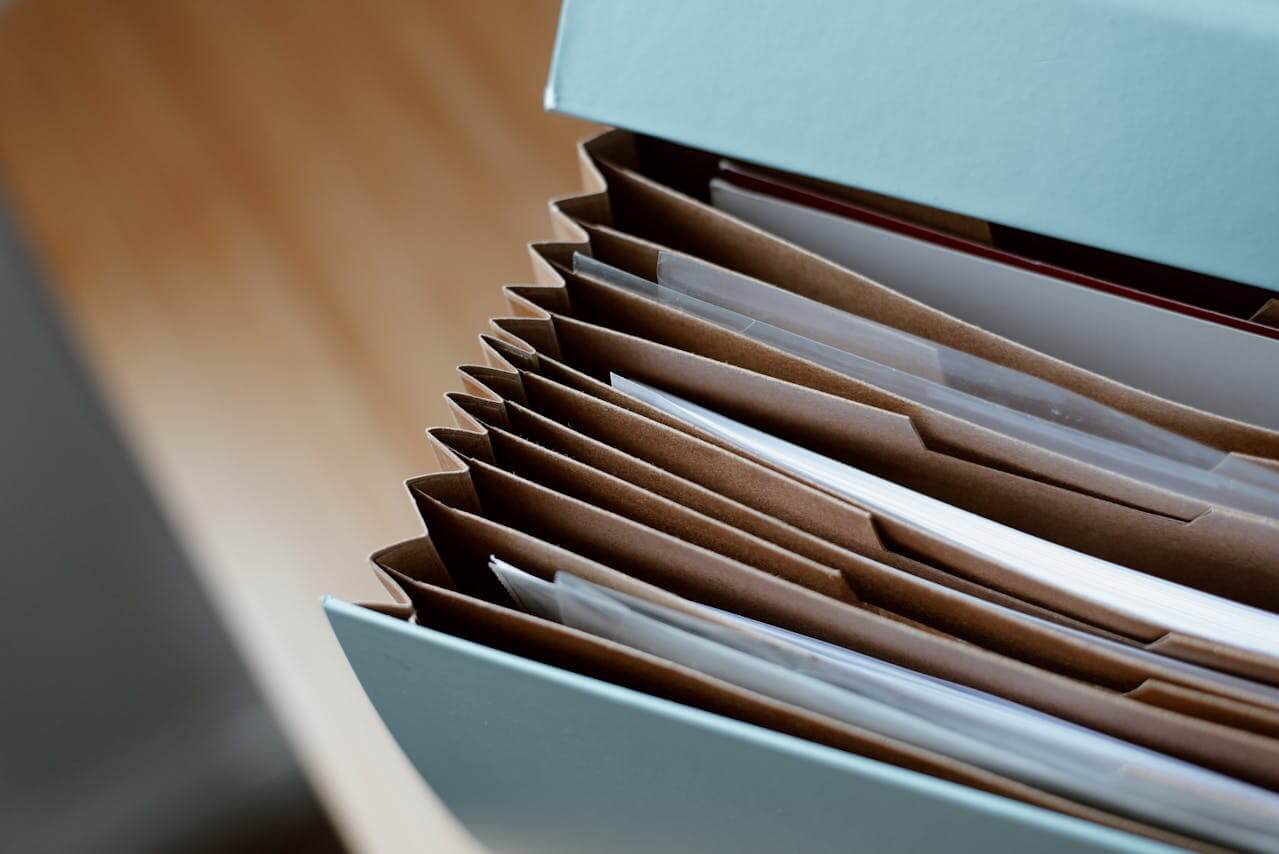As a leading bookkeeper, I have the sensitive data of lots of clients from big to small. My team is obsessed with protecting it all. You should as well, even if you’re just protecting your own data. Below is our business bookkeeper’s guide to protecting data.
1. Know the Stats
Here are a few stats you should know on protecting your data:
- Approximately 60% of businesses stored all of their corporate data in the cloud in 2022.
- In the same year, there was a 95% increase in cloud attacks from those looking for vulnerabilities and to steal credentials.
- The data breach then ended comping with an average price tag of $4.5 million across the globe. This was an increased of 15% over the previous three years.
- Small businesses were the focus of over 25% of these attacks with the losses ranging between an average of $250,000 and $500,000.
Did you know? Approximately 70% of all attacks in the cyber verse involved ransomware?
Source: Invenio IT
2. Backup Your Data Locally
This all depends on the size of your operation, computers, and how many files you want to backup. For example, backing up just one computer can be done with a simple external drive, which can run anywhere from $50 tp $100. There are even external hard drives that can store up to 30TB of space. For comparison, we are using a high tech computer with an expanded memory of 2TB and have not filled it up to 25%.
Larger operations may use a cloud service, or one where data is stored on another provider’s servers. This makes it difficult to steal data even if the thieves are present in your office. However, it is easier for cyber thieves to get your data on poorly protected networks.
You may also use a Network Attached Storage device, which is a bit like having a cloud server on your site.
3. What About Hard Copies?
We have TONS of hard copies in our office, which is the price paid for the work we do. However, we take extra steps to keep it secure. This includes:
- Choosing an office space with security in the building.
- Keeping our office itself secure with only approved clients and workers entering the office itself.
- Keeping a secure file room that is locked with only authorized users allowed to enter.
- Maintaining locking file cabinets for extra security.
In short, a thief is going to have to get past security, cameras, and four different locks to get to our hard copies.
4. Plan for the Worst
The reason ransomware works so well is because the thieves threaten to steal all your data and never return it. Can they do it? Unsure, but many pay the at times hefty ransom just in case. We recommend you keep your backups both on a hard drive and digitally and confirm you have it. This way, when the ransomers threaten to delete all of your data, you can ignore them and rest easy.
5. Protect Your Website
Is your website on a secure server? This can also be used to store data online. However, not all server and website host providers are created equally. In fact, if you see celebrities on television promoting their services, it may not be the ideal choice for security. We recommend using a host and server that are run by professionals. Not only do they perform regular backups on your data, they also have advanced tools to keep out all the thieves. For example, we like recommending Webcentrex due to their impenetrable servers and personalized service.
More Bookkeeping to Protecting Data
Remember that your bookkeeper, accountant, and other financial professionals have your sensitive data on file. Be sure that they are protecting it correctly. And if you are in the Houston area, contact us or call us at 281-894-6494 to learn more about our professional and secure services.




